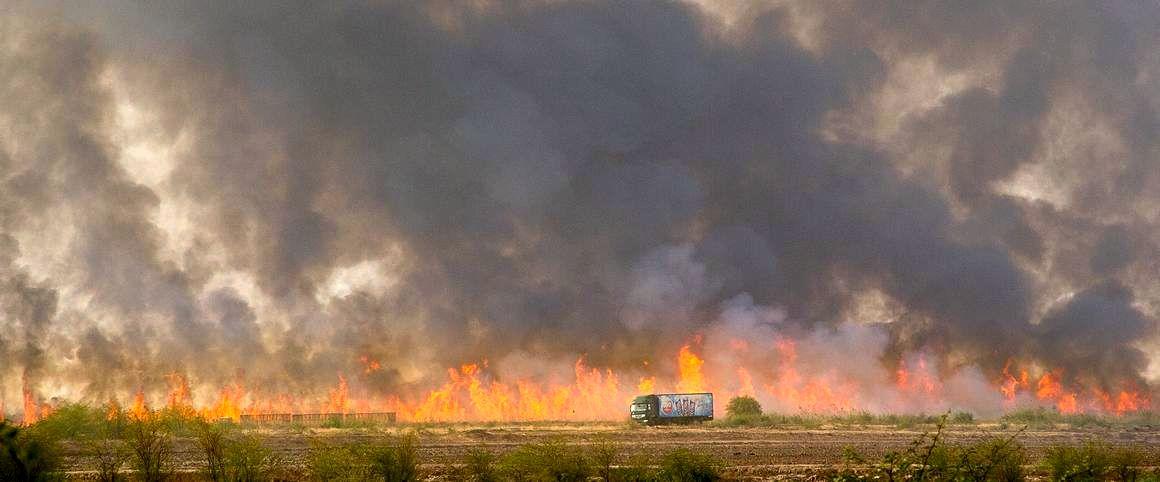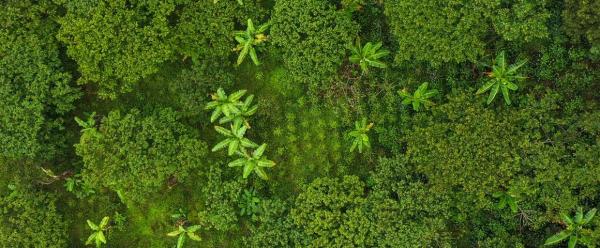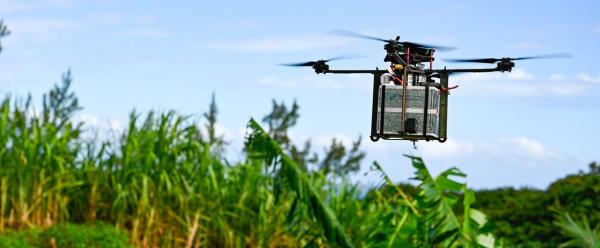Results & impact 10 October 2025
- Home
- Press area
- Press releases
- Climate Inequality Report 2023
Fair taxes to tackle climate inequality

Near Richard-Toll, Senegal, sugarcane fields belonging to Compagnie Sucrière du Sénégal are burned after harvesting. Burning crop residues or fallow land is common practice in Senegal. It serves to "clean" fields quickly, but it also destroys soil life and fertility. The resulting ash fertilizes plants in the short term but does not nourish the soil © R. Belmin, CIRAD
How might climate and wealth be linked? It is now clearly established that vulnerability to a range of climate impacts is closely linked to income and wealth, not just between countries but also within them.
The World Inequality Database recently published a new report on climate inequality, with a dual aim. Firstly, to shed light on the various dimensions of climate inequality in a systematic and detailed analysis, focusing on low- and middle-income countries. Secondly, to suggest pathways to development cooperation, and tax and social policies that tackle climate inequalities. The recommendations made are based on the insights in the report, together with additional empirical work and interviews with experts.
The authors
- Lucas Chancel, Sciences Po, World Inequality Lab – Paris School of Economics
- Philipp Bothe, World Inequality Lab – Paris School of Economics
- Tancrède Voituriez, CIRAD, IDDRI, Sciences Po
For donors and cooperation actors, the journey starts at home, with dedication to raise ambition in mitigation efforts and global adaptation funding. International transfers won’t be sufficient however. Other resources are needed and could be channelled through reforms in tax systems, both internationally (multinational taxation) and in developing countries.



























